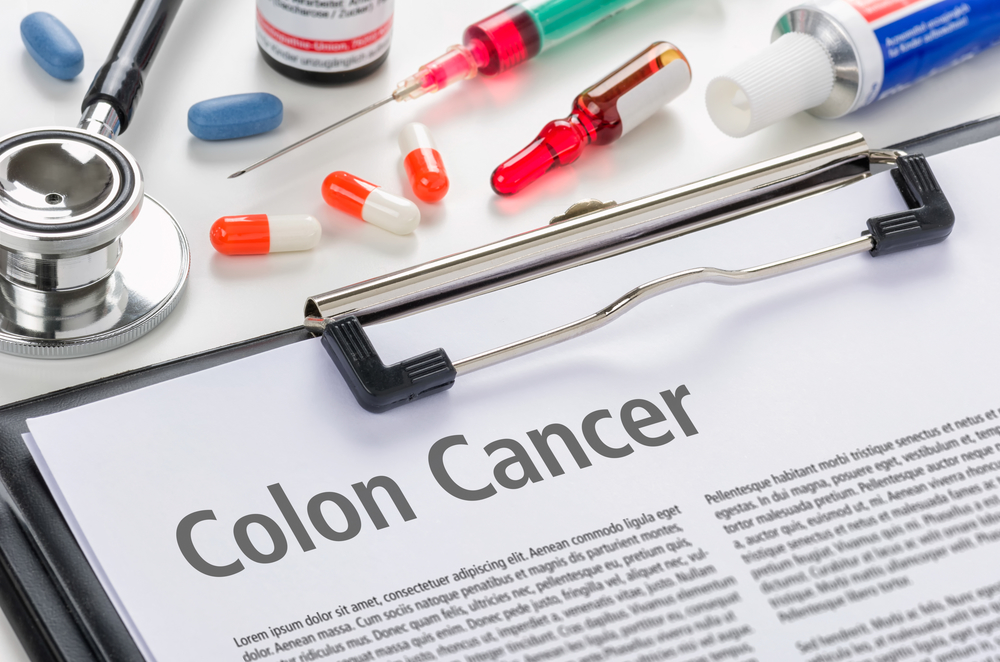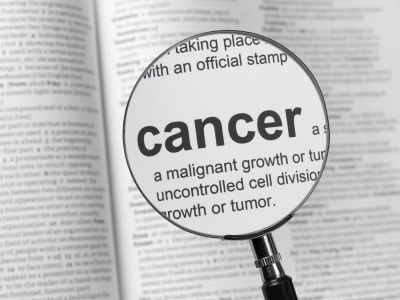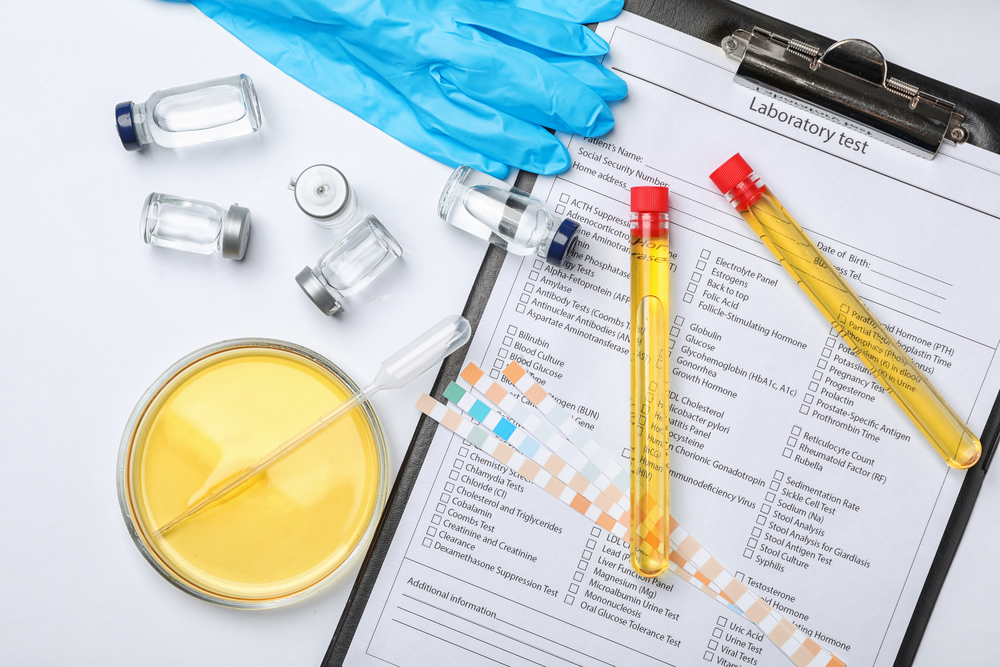Early signs and symptoms of lung cancer
Lung cancer is the leading cause of cancer death in the world. The high occurrence and death rate of this disease kills about 1.6 million people each year. Lung cancer diagnosed at an advanced stage are harder to treat and many patients with lung cancer die within one year after diagnosis. An early detection of lung cancer makes a huge difference in improving the survival rate of lung cancer patients.
Here are some early signs and symptoms you should watch out for.
Persistent coughs
One of the most obvious signs of lung cancer is a stubborn cough. A cough caused by the flu or a cold might be not related to lung cancer, but people should be on alert if a cough doesn’t quit for a long time. People who have an old chronic cough should pay close attention to cough changes that accompany with blood or rust-colored sputum. Besides, the cough time is not fixed and has nothing to do with body postures.
Chest pain
Most chest pains occur in the middle and advanced stages of lung cancer. However, if the cancer is located near the pleura, chest pain may occur earlier and present irregular pain or dull pain. When cancer directly invades the pleura, it can cause sharp chest pains and get worse with coughing, breathing or laughing. Additionally, lung cancer is sometimes associated with shoulder, arm, or neck pain, although this is less common.
Fever
A fever rarely occurs at the early stage of lung cancer, but the necrosis of the cancer tissues will cause a low and moderate fever. When the central lung cancer with lesions grows in the bronchus and blocks off a bronchial tube, it can cause obstructive pneumonia and bring fever over the whole body. At this time, the body temperature is generally around 38°C. Treatment with antibiotics can reduce fever, but if the obstruction of the lesion is not removed, pneumonia will reoccur.
Joint pain
Joint Pain could also be the first symptom of lung cancer. The pain usually occurs in large joints, ankle joints, and wrist joints and is not subject to weather changes. The joint pain is featured with local swelling and thickening of the periosteum shown in X-ray examination. These symptoms are clinically referred to as pulmonary osteoarthropathy or ectopic growth hormone syndrome. Once the lesions in the lungs are removed, the symptoms of joint pain disappear.
Skin changes
A small number of people can experience skin rash, dermatomyositis, herpes zoster, etc. at an early stage of lung cancer.
Endocrine disorders
A small number of patients can also see progressive muscle weakness, muscle atrophy, diabetes, lower extremity edema, breast enlargement and testicular atrophy in men.
Other diseases or cancers may also cause the above symptoms, and if you suffer from similar problems, you should go to the doctor immediately and find out real causes.



